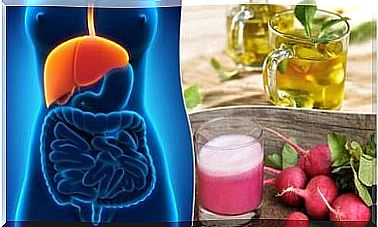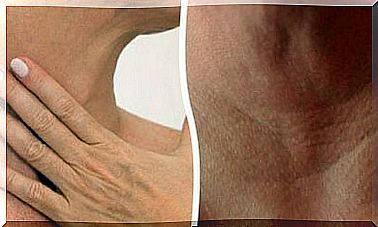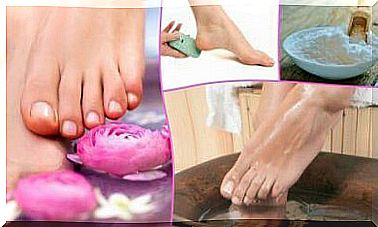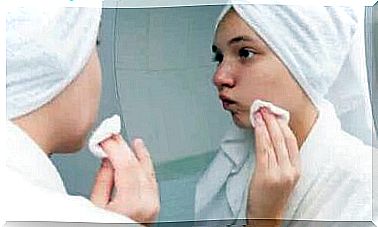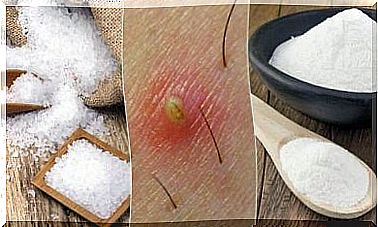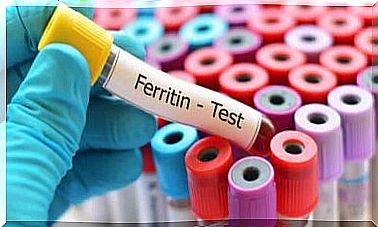How To Take Care Of Yourself After Tooth Extraction? 8 Tips
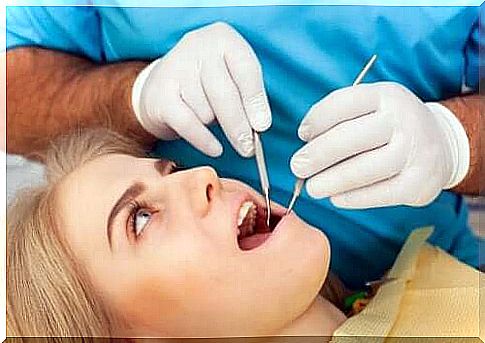
A surgical procedure involving the removal of a tooth from the bone in which it is located has certain consequences. After tooth extraction, you should take care of yourself so that the wound heals well.
The intervention is performed under local anesthesia so that the patient does not feel pain. In some cases, it is necessary to use general anesthesia. The specialist then extracts the tooth from the tissue that supports it.
It then loosens it and twists it out of the soft tissue that surrounds it. More difficult cases require the use of tools that cut the gums, remove bones or divide the tooth into smaller fragments.
When a tooth is removed, a clot is formed in the place where it was removed, which is responsible for the healing of the wound. Proper care is key to recovery. In the following article, we explain how to take care of yourself after tooth extraction.
When is tooth extraction necessary?
Tooth extraction is a procedure performed quite frequently. Although dentists do what they can to save your teeth, sometimes removal is the only option. Here are possible reasons for such a necessity:
- Tooth infection : when it persists with antibiotics, recurs, cannot be cured by endodontics, or spreads to other parts of the body.
- Risk of infection: In patients whose immune system is not functioning optimally, dental problems may pose a health risk.
- Caries: when it is very advanced and has severely damaged the tooth. Sometimes the problem cannot be solved by drilling and sealing.
- Broken or damaged tooth: Mechanical damage can lead to tooth extraction.
- Advanced periodontitis: loss of the tissues that support the teeth can make them moveable and require extraction.
- Teeth crowding: cases where the teeth overlap. Extraction is then an element of orthodontic treatment.
- Wisdom tooth problems: When these teeth do not have enough space, they cause pain, infections, and other troubles. Then you have to remove them.
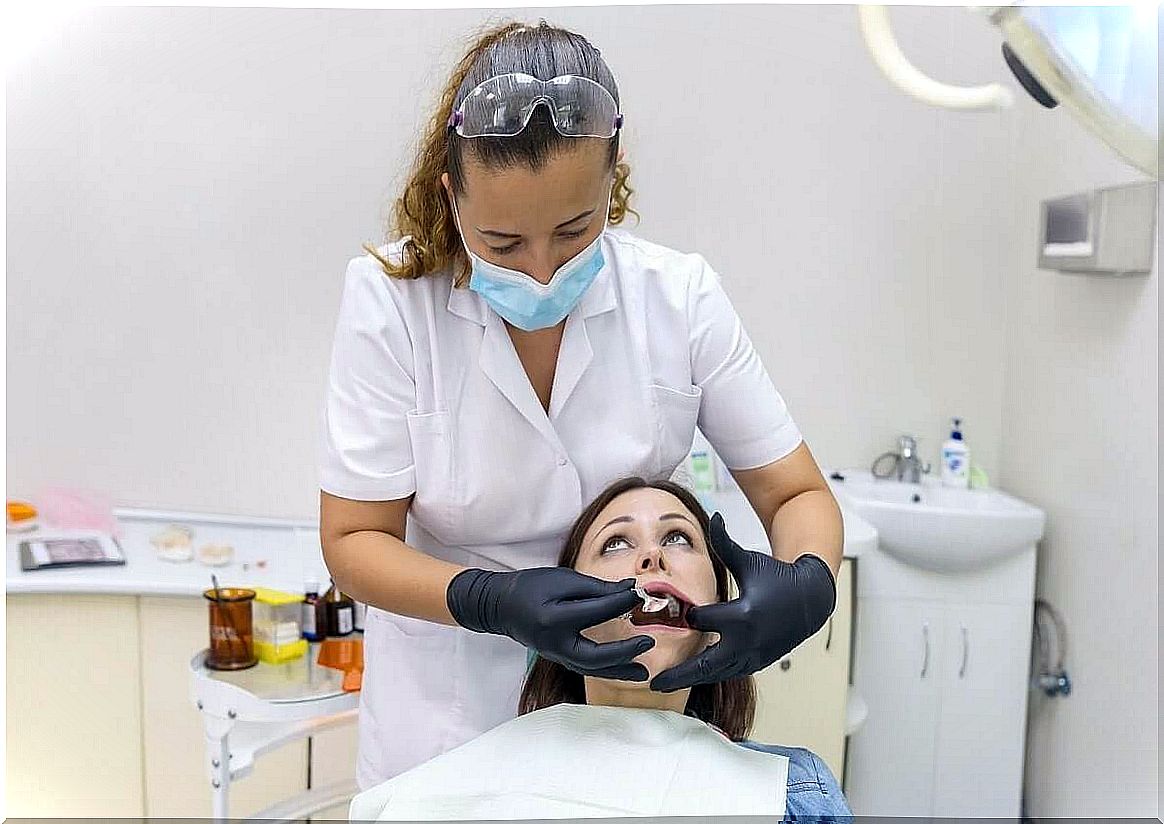
How to take care of yourself after tooth extraction?
After tooth extraction, certain rules should be followed to facilitate wound healing. Generally, it takes 7 to 10 days to heal, depending on the type of surgery and the location of the tooth.
Pain may be severe in the first three days, and may develop hematomas and swelling. Caring for the clot in the place of the extracted tooth is the key to proper wound healing.
Following your doctor’s recommendations avoids complications and leads to rapid healing of the wound. What should you keep in mind? Read the tips below.
1. Compress the wound
After the procedure, the dentist will put some gauze on and have you bite it. The pressure must be maintained for 30 to 60 minutes (the specialist will indicate the time).
The gauze is designed to stop the bleeding and accelerate the formation of a clot. As already mentioned, the formation of a clot at the site of an extracted tooth is necessary for the wound to heal properly.
The gauze should not remain in the mouth for too long as it could stick. Removing it could then pull the clot out and impede healing.
After the time indicated by the doctor has elapsed, the swab is removed. If you experience excessive bleeding that does not stop for hours, you can bite the gauze pad again, but you should also consult a specialist.
2. Cool the sore spot
The cold soothes inflammation, prevents hematomas, and gives pain relief. Therefore, applying ice compresses is very helpful.
Cold should be applied immediately after the procedure, at intervals not longer than 10 minutes. Then take the same break and apply again. Applying ice to the skin for too long damages the tissues.
Moreover, avoid being near any heat sources such as radiators or cookers. It’s also better not to go out in the sun or outside at all if it’s hot.
3. Eat soft and cool foods
After tooth extraction, you should avoid eating hot meals. To speed up the healing process and reduce the effort in this batch, it is better to eat soft, finely cut products that are easy to chew.
A balanced diet should include pasta, eggs, fish, dairy products and cooked vegetables to provide the body with all the nutrients. Zinc in green vegetables and vitamin C from citrus support the healing process.
It is worth eating with a spoon and taking food in small portions. Harder products can be slowly introduced into the diet one week after the procedure.
4. Rest and don’t exercise
After tooth extraction, physical activity and excessive effort should be avoided to avoid complications. Better not to talk too much and limit your mouth moving.
It is recommended to rest with your head elevated in a sitting position. The horizontal position leads to increased pain and bleeding due to the accumulation of blood. It is good to put additional pillows under the head to sleep on the bed.
5. Take medications prescribed by a specialist
Symptoms of pain and inflammation appear after extraction and after anesthesia has worn off. Therefore, the doctor usually prescribes anti-inflammatory drugs to reduce the symptoms.
If the extraction was made because of an infection, it is possible that the patient is taking an antibiotic. If it isn’t, she’ll likely get it after surgery. Antibiotics should be taken at the same time and be systematic.
Moreover, the patient should inform the physician about the medications taken in order to determine whether the treatment may be suspended or replaced with other agents before the treatment.
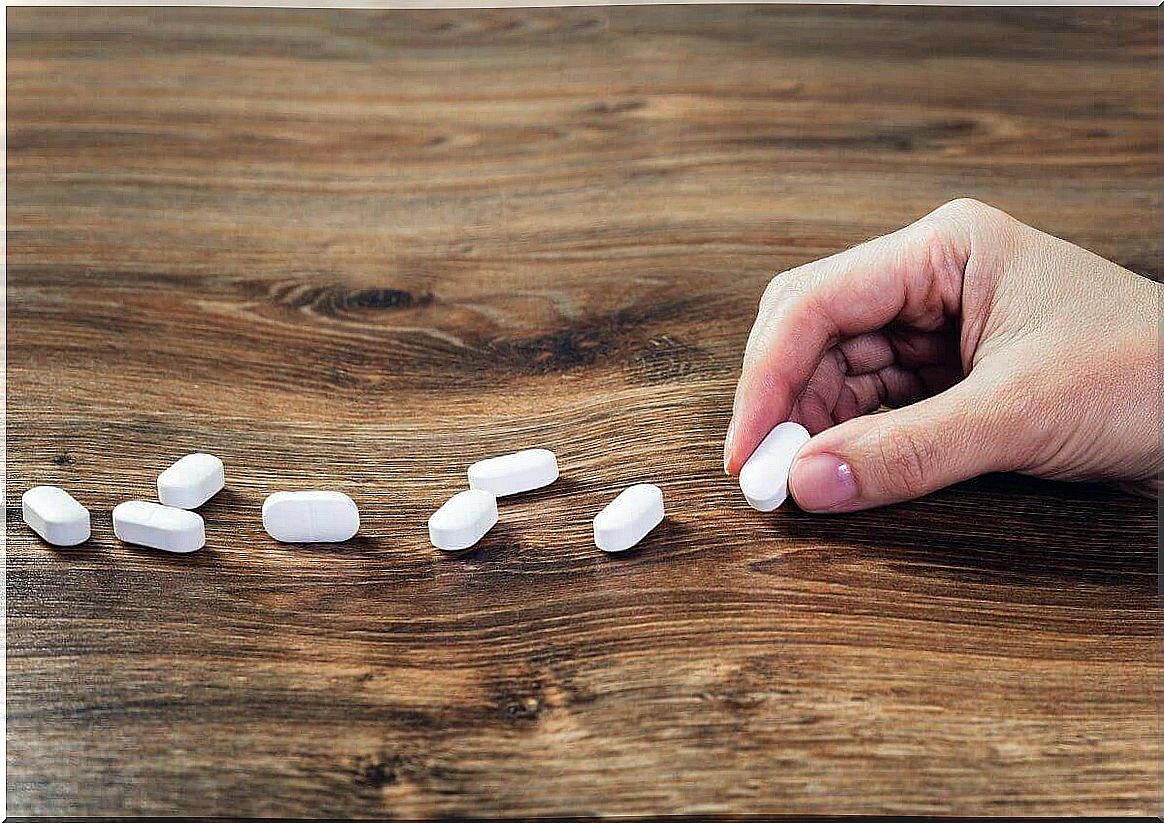
6. Do not rinse the mouth
The main thing is to prevent the clot located in the hole left by the removed tooth from falling out. If this happens, there is a risk of infection or inflammation.
Therefore, you should avoid rinsing and vigorously spitting. You should also limit sucking, which could lead to the clot falling out.
7. Do not smoke
Smoking after extraction is harmful. As already mentioned, sucking can cause the clot to fall out.
Heat promotes bleeding and increases the risk of bleeding. In addition, tobacco can cause infection due to the presence of toxins and circulatory problems in a given place.
8. Take care of hygiene
You must take good care of your oral hygiene after extraction to avoid infection. The teeth should be brushed as usual and floss should be used avoiding the area of the removed tooth.
Brushing your tongue reduces the unpleasant smell and taste generated during the healing process. You also need to make sure that food residues do not accumulate in the wound.
After a few days, you can make gentle rinses with lukewarm water and salt or alcohol-free liquid. Better not to spit them out and let them flow out of your mouth.
Why is hygiene after tooth extraction so important?
Adequate hygiene after tooth extraction is the key to avoiding complications. The healing process takes 7 to 10 days. Then the bone loss is replaced by the body.
Following your doctor’s recommendations reduces the risk of postoperative complications. The latter include:
- Haemorrhage: the wound is bleeding heavily for many hours after extraction.
- Infections: the area of the removed tooth smells bad, hurts, becomes festering and swells. The face and neck feel warm, swollen, and painful.
- Dry socket: the bone is exposed as a result of the clot falling out of the place of the removed tooth. It is a very painful condition. The dentist must generate the bleeding and apply a dressing for the healing process to begin.
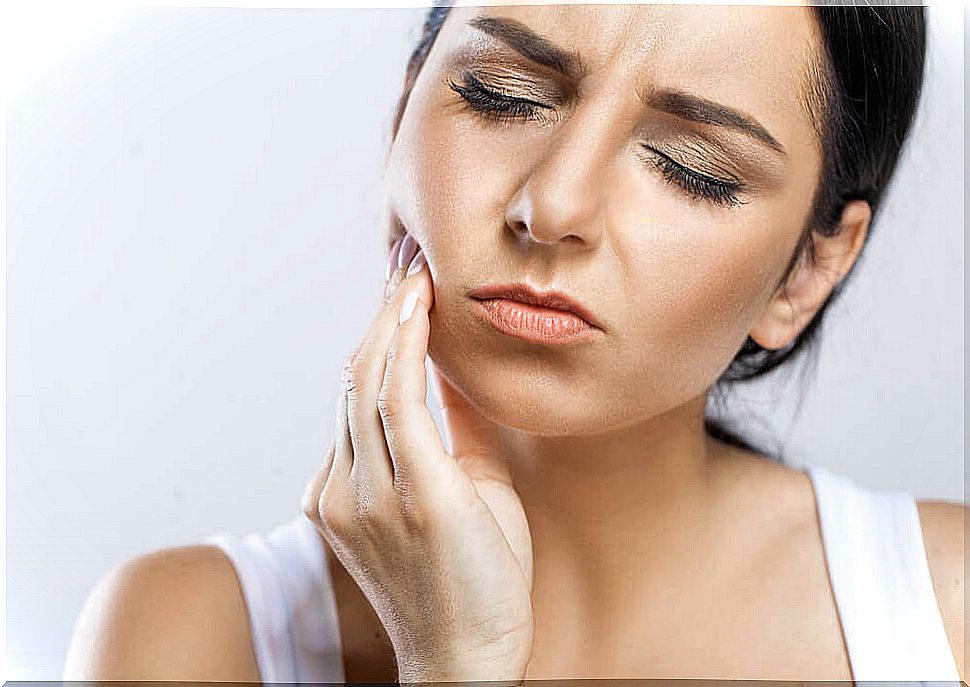
When should I see a dentist?
It is possible that despite following the recommendations, one of the above-mentioned complications will appear after tooth extraction. In this case you should go to the dentist or hospital immediately.
You need to see a specialist if you experience the following symptoms:
- Pain and malaise lasting more than 2 to 3 days after extraction.
- Pain and ailments in other parts of the body (ears, head, neck).
- Swelling and inflammation around the face or neck.
- The presence of pus in the wound.
- Excessive bleeding that does not go away after biting the gauze pad.
- High fever, nausea or vomiting.
- Tingling, twitching, or loss of sensation in the wound area.
- A feeling of pressure under the tongue.
- Trouble breathing, swallowing or speaking.
- Cough and chest pain.
If everything goes well after the extraction, it is worth going to the dentist for a healing check and talking about the possibilities of replacing a lost tooth. The specialist will advise on the possibility of rehabilitation and restoring functionality and aesthetics.
Get your smile back
Tooth extraction can cause fear and anxiety as it is a surgical procedure that carries a risk of complications. Tooth loss is also associated with the need to replace it.
Therefore, after the extraction, you should talk to your dentist about a denture, bridge or implant. What’s more, you should follow the recommendations after surgery so that the healing process is optimal.

